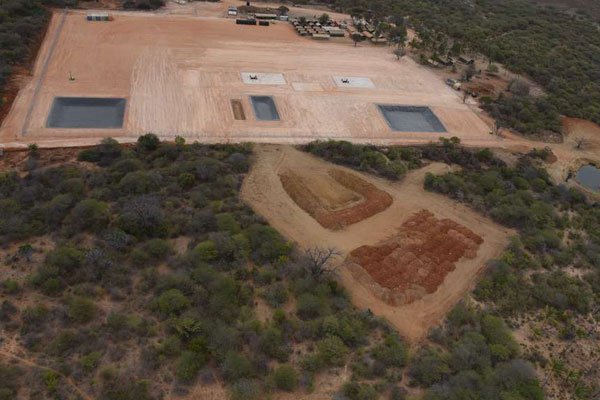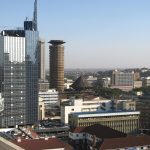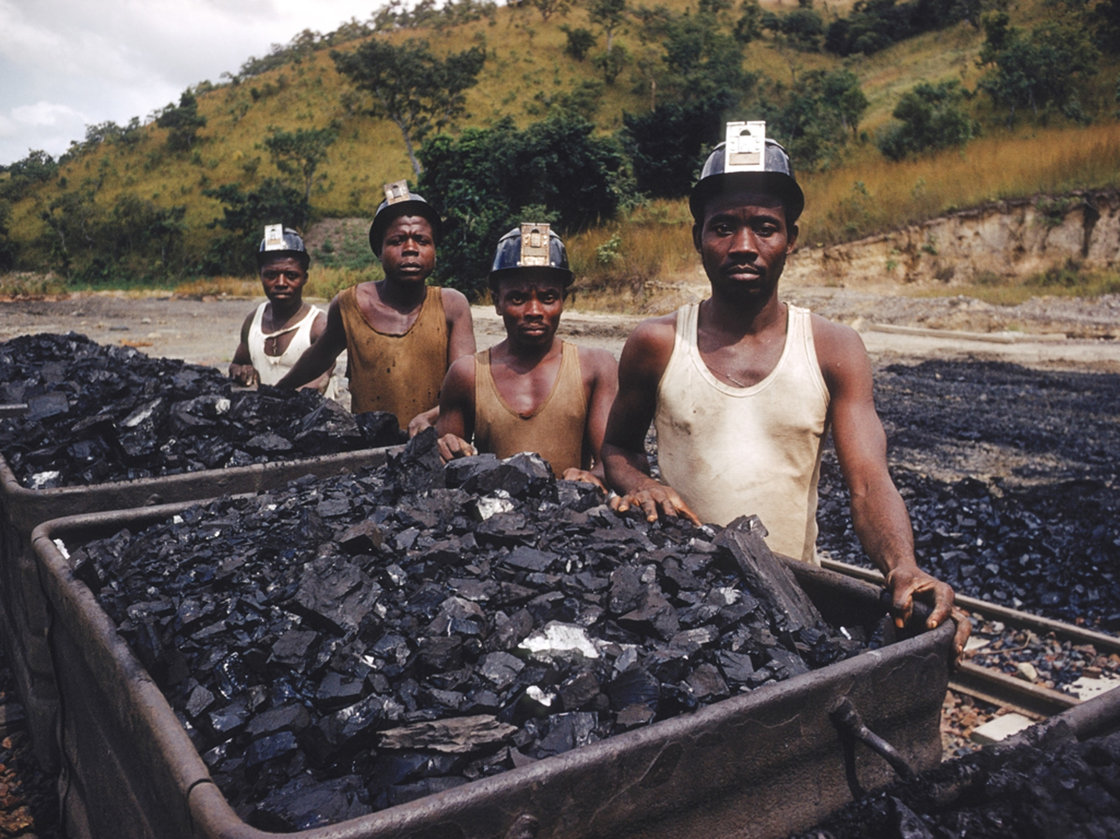The proposed 1,050 megawatt coal fired power plant in Kwasasi, Lamu County, a project under the LAPSSET program suffered its biggest setback yet on Wednesday after a tribunal cancelled a license awarded to the proprietors of the project citing failure by the National Environment Management Authoritry (NEMA) to conduct a proper Environment Impact Assesment (EIA).
On Wednesday, the tribunal ruled that NEMA had attempted to workaround the law by awarding the project an EIA license that did not examine pertinent issues regarding the controversial project.
Further, the tribunal directed AMU Power, the special purpose company driving the project to apply for an EIA license afresh while also directing NEMA to follow the law.
The project has jumped from hurdle to hurdle, in December 2018 activists protesting the setting up of the plant alleged harassment by security agencies.
Human Rights Watch (HRW) and The National Coalition of Human Rights Defenders-Kenya (NCHRD-K), two human rights lobby groups claimed that security agents including the police and the army were clamping down on activists in Lamu in an attempt to get them to toe the line.
“President Uhuru Kenyatta and The County Government should direct state officials to in line with international best practices to respect the work of activists across Kenya in general and in this case the work of environmental activists in Lamu County,” said Mr Kamau Ngugi, an executive director at NCHRD-K.
{Read: Stories on Lamu coal plant win editor global climate change award}
In September 2018, the project faced another hitch after the High Court sitting in Nairobi reinstated all the stop orders regarding development of the project in the wake of a petition by Katiba Institute and Activist Okiya Omtata.
Local political leaders including Lamu Woman Representative Ruweida Obo have not hidden their opposition to the project.
{See also: GE signs deal to clean up Lamu coal plant, obtains stake}
“The company has not sought the opinions of local leaders, and less so, of the people of Lamu and their concerns that the project might contribute to the degradation of the environment,” said Ms. Obo during a protest in August 2018.











Leave a comment